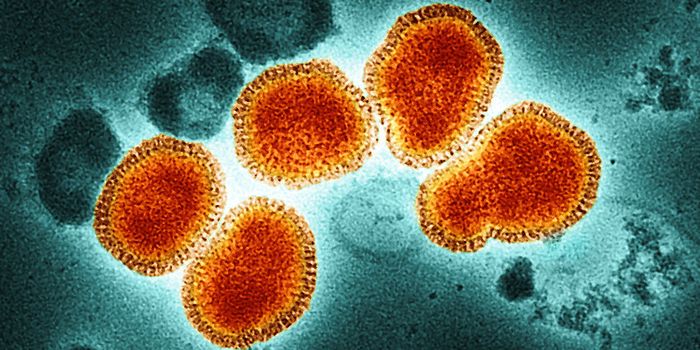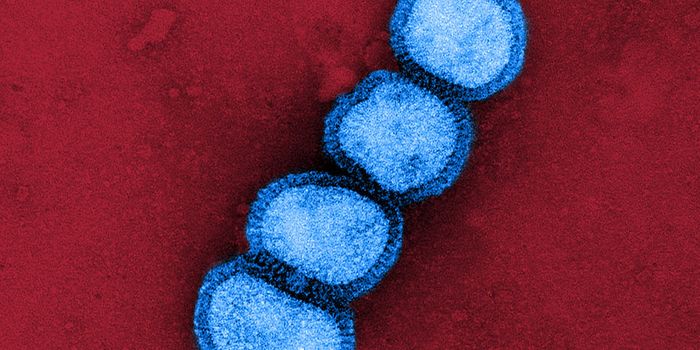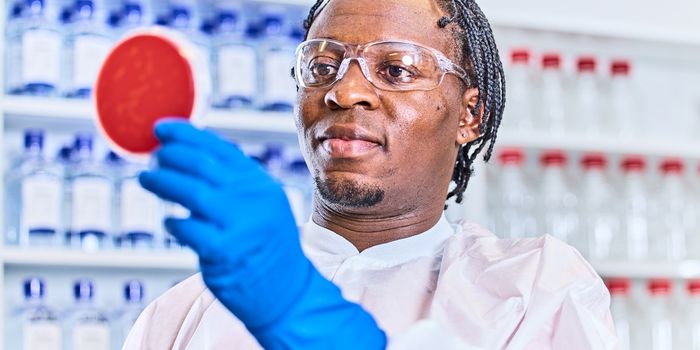Biotechnology is rapidly advancing in many ways, and some of these cutting-edge techniques are being combined to create powerful and innovative therapeutics. Immunotherapy, which aims to use the body’s natural defenses to fight cancer, has been a promising new technology. Putting it into practice has presented challenges, but now scientists have added it to a bioengineered bacterium that can colonize tumors. That has enabled the direct delivery of potent immunotherapies to solid tumors, to fight them from the inside. This strategy was effectively tested in a mouse lymphoma model, where direct injection caused tumor regression and the reduction of the growth of tumors that weren't injected. The work was reported in Nature Medicine and is outlined in the video.
“Seeing untreated tumors respond alongside treatment of primary lesions was an unexpected discovery. It is the first demonstration following a bacterial cancer therapy of what is termed an ‘abscopal’ effect,” noted the co-senior study author Tal Danino, an assistant professor of biomedical engineering at Columbia University. “This means that we’ll be able to engineer bacteria to prime tumors locally, and then stimulate the immune system to seek out tumors and metastases that are too small to be detected with imaging or other approaches.”
The research team developed a strain of non-pathogenic Escherichia coli that can multiply within the core of tumors, and when enough bacteria are produced, they self-destruct. That process releases therapeutics called nanobodies, engineered to target a receptor found on many cancer cell types called CD47. A few surviving bacteria are left behind to reestablish the therapeutics in tumors if necessary. CD47 can help protect cancer cells from the immune system and has been tried as a drug target.
“But CD47 is present elsewhere in the body, and systemic targeting of CD47 results in significant toxicity as evidenced by recent clinical trials. To solve this issue, we engineered bacteria to target CD47 exclusively within the tumor and avoid systemic side-effects of treatment,” added the lead study author and graduate candidate Sreyan Chowdhury.
The presence of the engineered bacteria helped the immune system mount a better response against the tumor cells and reduced the chance of metastasis. Cancer is most deadly when it metastasizes.
“Treatment with engineered bacteria led to priming of tumor-specific T cells in the tumor that then migrated systemically to also treat distant tumors,” explained the co-senior study author Nicholas Arpaia, an assistant professor of microbiology & immunology at Columbia University Irving Medical Center. “Without both live bugs lysing in the tumor and the CD47 nanobody payload, we were not able to observe the therapeutic or abscopal effects.”
The investigators are continuing their efforts. They are planning to assess the safety of this strategy in various mouse models. They are hopeful that if those tests are successful, they will lead to clinical trials in people.
Sources: Columbia University, Nature








